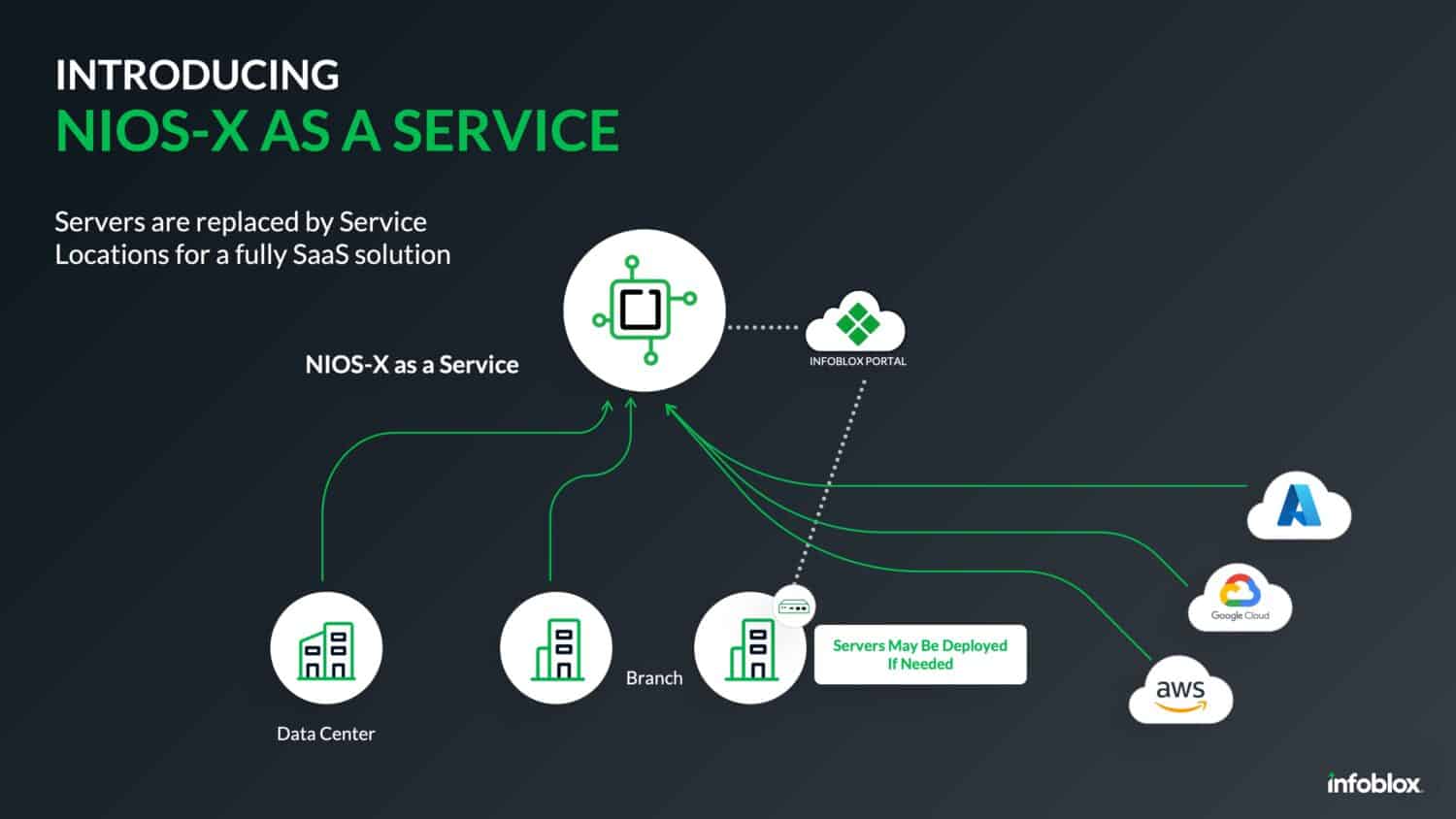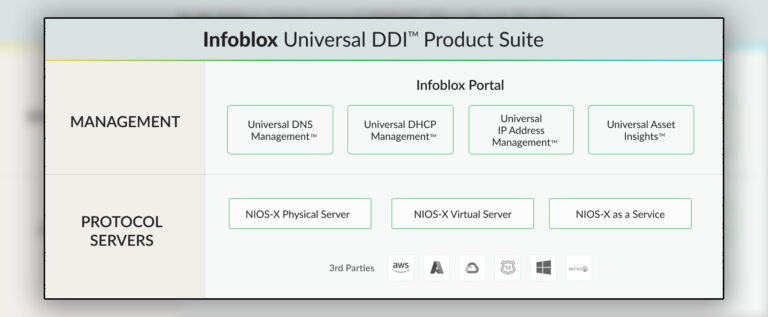Infoblox-DDI bets on automation, accelerated application deployment and simplified operations: the next phase for DDI?
At Infoblox, the past few years have been about conveying DDI’s importance in an IT infrastructure. The technology covers the network services DNS, DHCP, and IP Address Management and contributes to both security and automation. The concept of this integrated approach has now been well received; most of the largest multinational companies rely on it. Since the infrastructure at these companies is constantly changing, Infoblox needs to grow with it. That is why it is now introducing Universal DDI.
Change is necessary
Almost every major company Infoblox works with has expanded its cloud landscape in recent years. They often use a combination of AWS, Microsoft Azure, and Google Cloud, sometimes supplemented by other cloud platforms. While this development makes sense from an innovation perspective, it increases the complexity of IT infrastructure. A growing infrastructure makes managing critical network services increasingly complex, a problem that the Infoblox platform is precisely trying to avoid.
During the launch of Universal DDI, Scott Harrell, Infoblox’s CEO emphasized that it is time to reshape network architectures for hybrid multicloud environments. “At Infoblox, we are reinventing the management, deployment and security of critical network services for hybrid and multi-cloud environments. Our mission is to provide NetOps, SecOps, and CloudOps teams with the robust tools they need to achieve unprecedented collaboration—significantly streamlining automation, accelerating application deployment, and dramatically simplifying operations,” Harrell said.
New portal breaks down operational silos
The introduction of Universal DDI brings with it a new portal. According to Harrell, this platform should bring different IT teams together in one place. How this is accomplished varies by organization. At some companies, management is through a centralized IT department, while other organizations have local management at various global offices. In addition, some companies work with on-premises installations for more control, while others operate as cloud-based as possible. Universal DDI supports all of these scenarios.
An important step Infoblox is taking is the ability to centralize DNS services from different cloud vendors. In addition to its own DNS options, the platform can now correctly handle Amazon Route 53, Azure DNS, and Google Cloud DNS. The platform synchronizes objects from these services so that changes within the cloud vendors are immediately visible in the portal. This also works the other way around: changes in the Infoblox portal are immediately reflected in the cloud platform.

The Infoblox operating system NIOS also plays an important role in this strategy. NIOS can be deployed in the company’s network infrastructure in on-premises environments. In addition, NIOS-X as a Service provides support to bring critical network services closer to users and workloads. This allows IT teams to modernize on-premises Microsoft DNS and streamline multicloud DNS while managing DNS and DHCP services in a single console.
IT teams can more easily manage policy-driven network and IP address allocation for their entire cloud landscape by centralizing as much DNS and DHCP business as possible in a single platform. This reduces the risk of network outages, thanks in part to stronger failover mechanisms. Local DNS management and cloud services can also help establish a disaster recovery strategy.
Together a stronger infrastructure
All services communicate with each other via Universal DDI. In addition, a new component has been added: Universal Asset Insights. This tool provides insights into all network assets within the multicloud environment and places them in context. By integrating IPAM in addition to DNS and DHCP services, Universal Asset Insights makes it possible to map and analyze the entire IT infrastructure. The IPAM inventory is continuously updated, which eliminates error-prone tracking methods. Universal Asset Insights also automatically identifies unused IP addresses and zombie workloads.
All in all, Infoblox’s DDI approach goes a long way with this update. Universal management, NIOS options, and comprehensive analytics make network management significantly easier to set up. How this will work out in practice remains to be seen, but unifying multiple activities has already yielded success for Infoblox. With this move, the company is moving into the next phase for the DDI concept.
Tip: Infoblox SOC Insights brings DNS insights to security teams
